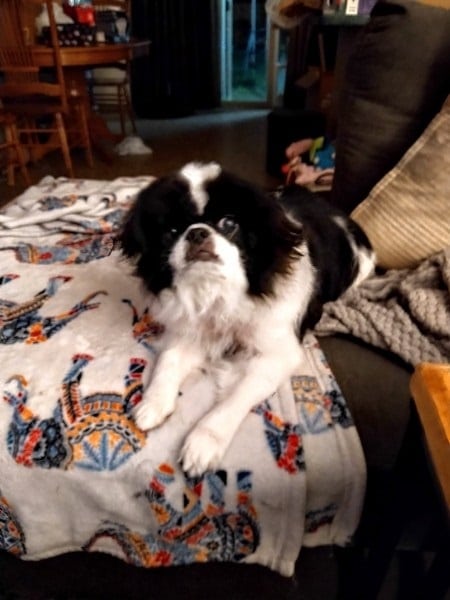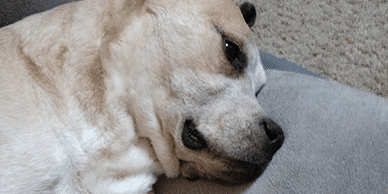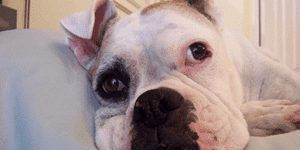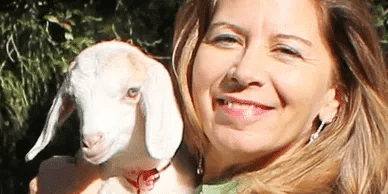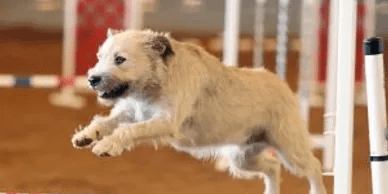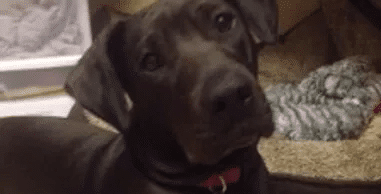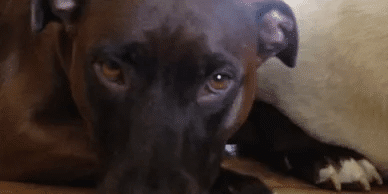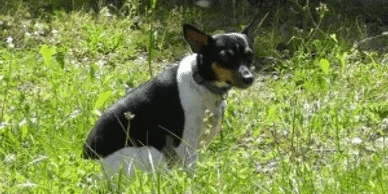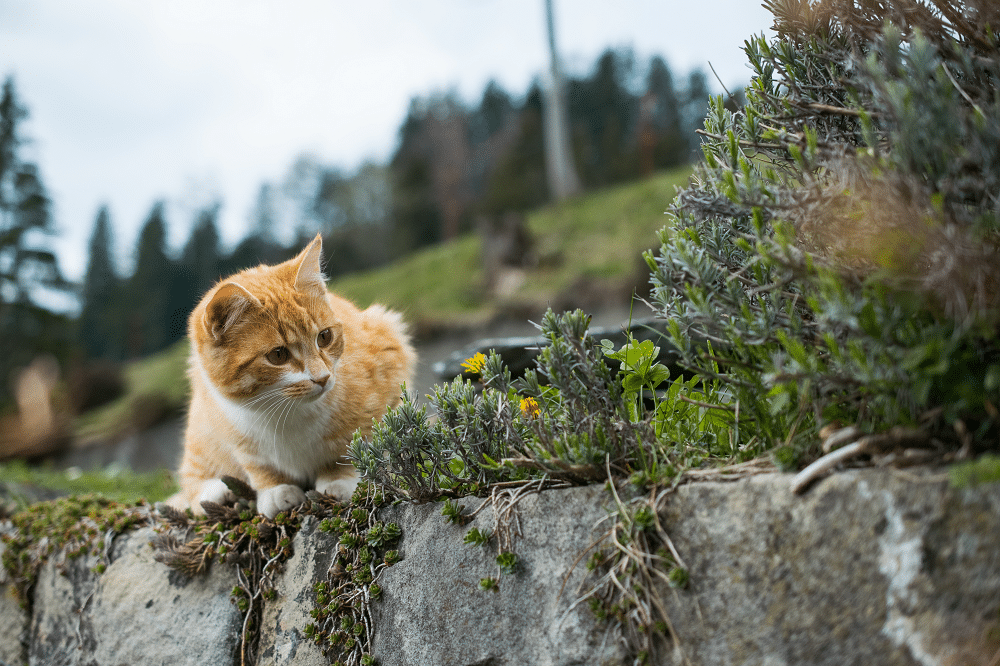
Me: Where are you?
Lost Cat: I’m in a house with wood everywhere, and it smells like mice and sometimes I get to catch a mouse. I like catching mice. I get to go outside now, and sometimes it smells like mice there too.
Me: Are you at a place with cows?
Lost Cat: Cows are close by. I don’t go where the cows are. I can go anywhere I want now, but I can’t go home because there are too many roads. I will stay here and catch mice. There is a dog. He is black and white. He likes me. The cows are all different colors. They are pretty. They poo everywhere so I get to catch flies and butterflies, too. Everybody likes me here but there isn’t tall grass to hide in. The grass is very short here. I don’t like that. But everything else is okay. The people are nice and I sleep in bed at night and follow the man outside in the daytime.
Me: Okay, well, I’m glad you’re okay. But your people are worried about you and want to bring you home.
Lost Cat: I’m fine here. Please explain to my people how cats feel about that. It doesn’t mean I don’t love them if I’m content to stay here.
Lost animals are usually much better at moving on than the humans they left behind. It’s not just about cats being more independent. People think of their animal companions as children. And for part of the animal/human relationship, that may have been true. But our animal companions are often soulmates who travel with us through many lifetimes (sometimes as animals and sometimes as humans). It’s very likely that at some point or another in our many soul evolutions together, they’ve been our children, our parents, our lovers, and our beloved pets.
I’ve been guilty of having attitudes and opinions. (I know you wouldn’t think it, but it’s true.) And I have thought–in the past–that it’s a sin to make an animal a part of your family and then later decide that it’s not working out.
But after 60 years on Planet Earth, I’ve been able to recognize the fact that our animal companions aren’t our children. They are soulmates who deserve our respect as equals. You know the old saying about people coming into our lives for a moment, a season, or a lifetime. It’s the same with our animal companions. They’re not always meant to stay with us for the rest of their lives.
Sometimes, we’re a stepping stone to the life they were meant to have. (And shouldn’t we be happy about that?)
It’s not that animals are expendable. It’s not that, at all. It’s that we all should have free will over our own lives. Even the relationships we have with our children change over the years. At some point, our children may decide to create their own lives far from us. Because though they were our children for many years, they have to graduate to becoming their own selves.
Can we not give our animal companions that choice also?
I’m not saying that when your ancient Chihuahua becomes incontinent you should toss him into the woods far away from home and say, “Be free! Choose your own life now!”
I’m not even saying that when your cat starts pissing in the washing machine you should give up all hope and drive him to the nearest animal shelter. (But if he does it every time that your special friend puts his shorts in the machine, you should maybe pay attention, because you know your cat has excellent judgment when it comes to character.)
I’m just saying that if your cat or dog does everything in their power to let you know that they’re unhappy living with you, listen. (Or, if you can’t listen, pay somebody else to do it. Not cheap, but worth it.) Find out what your animal companion needs, and if you can’t give it to them, please consider that maybe it’s time to do the hard but loving work of helping them find a new home better than the one you could provide.
Every animal comes into our lives to teach us something.
Sometimes, the lesson is in letting go.

